What Is a Septic Inspection? A Must-Read Guide for Virginia Buyers & Sellers
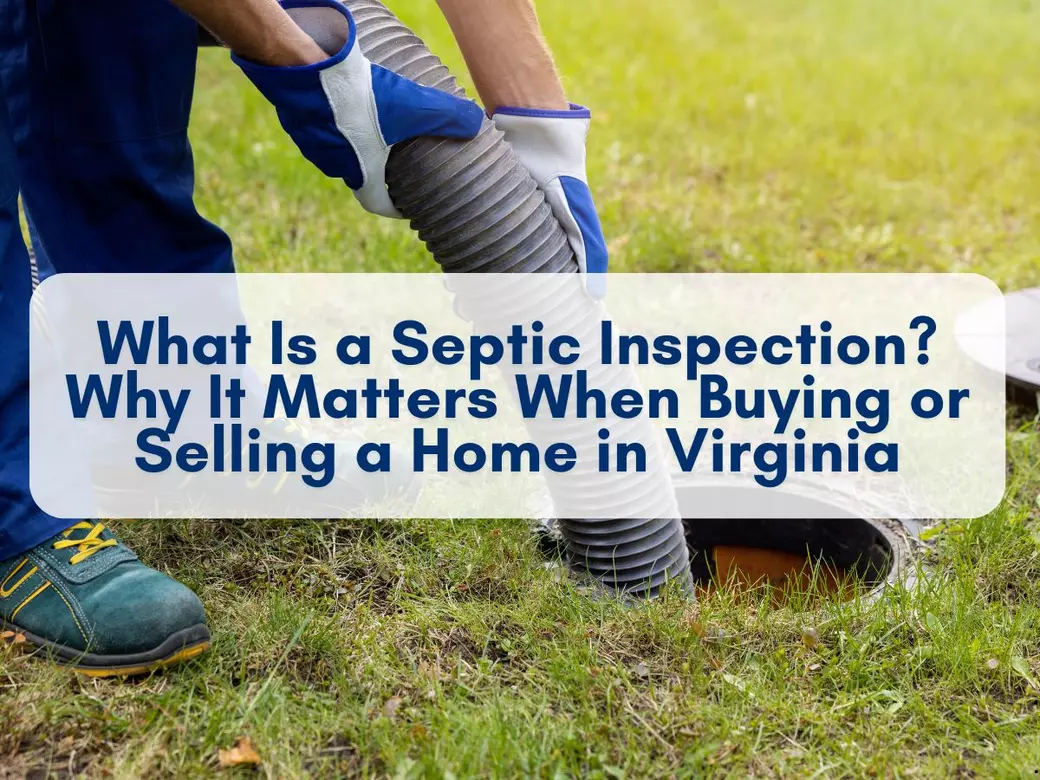
What Is a Septic Inspection? Why It Matters When Buying or Selling a Home in Virginia
If you're buying or selling a home inf Virginia there’s a good chance the property uses a septic system instead of public sewer. And if that’s the case, there's one crucial step in the real estate process you can’t afford to skip: the septic inspection.
Whether you're a first-time home buyer, PCSing to Virginia, or thinking of selling your home, understanding how a septic inspection works (and why it matters) can help you avoid costly surprises and keep your deal on track. Septic issues can become expensive and stressful if discovered too late. Fortunately, a proper inspection provides clarity and peace of mind for everyone involved in the transaction.
Let’s break it down, step-by-step, in a way that’s clear, helpful, and designed to set you up for success.
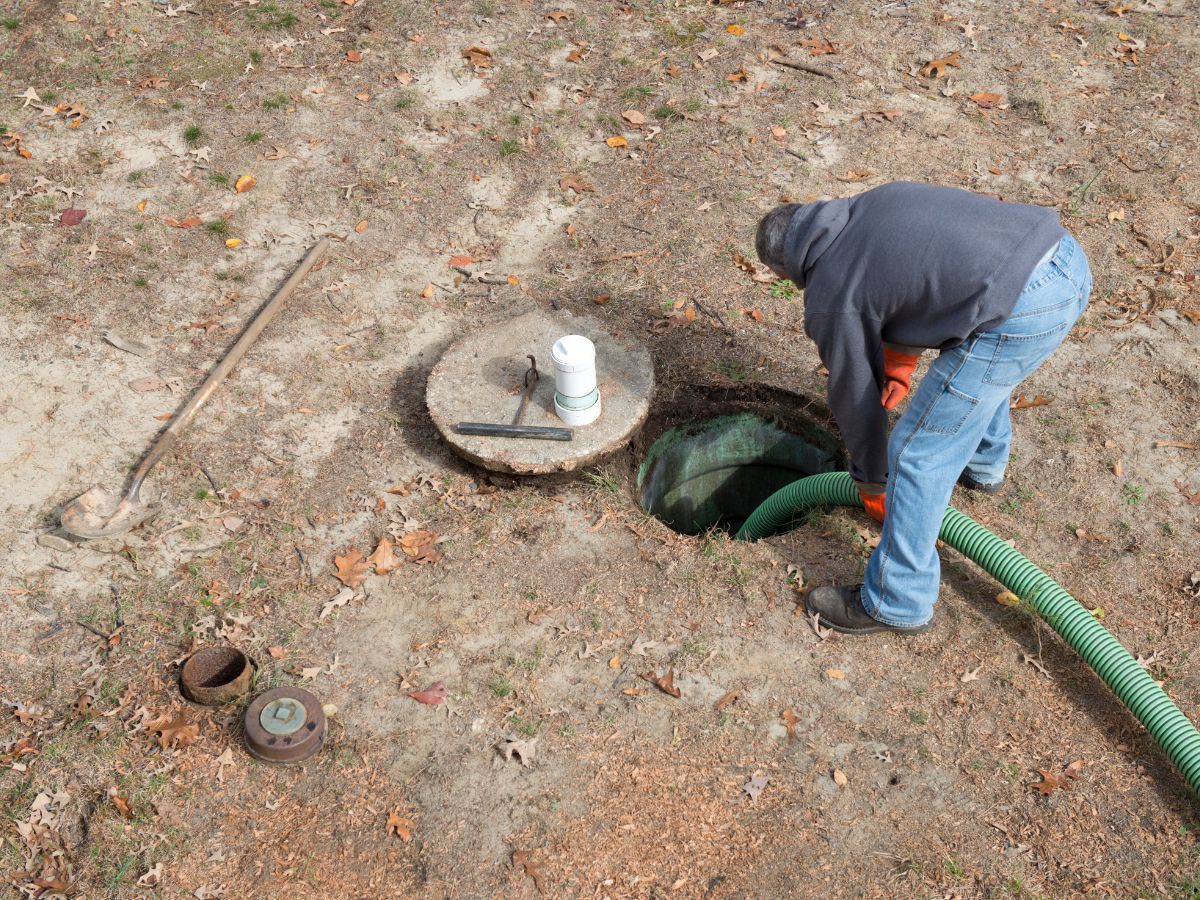
What Exactly Is a Septic Inspection?
A septic inspection is a professional evaluation of a home’s private wastewater treatment system. Unlike homes connected to city sewers, homes with a septic system rely on underground tanks and drain fields to manage waste.
During the inspection, a certified professional will assess the age, condition, and functionality of the system, checking for:
-
Cracks or leaks in the septic tank
-
Backups or standing water in the drain field
-
Sludge and scum levels inside the tank
-
Signs of poor maintenance or overdue pumping
-
Evidence of environmental issues (like contamination of nearby groundwater)
Inspectors often use specialized tools like sludge judges, cameras, or dye testing to assess system performance. They may also open access ports to visually inspect the interior components of the tank. In most cases, the inspection report is delivered in writing and can be shared with your real estate agent, lender, or county office if needed.
✅ Depending on the locality, some counties in Virginia also require that the tank be pumped during the inspection, especially if it hasn’t been serviced in recent years.
Why a Septic Inspection Is Essential for Buyers
If you’re buying your first home, especially in a rural area like Culpeper County, Orange County, or Louisa County, you may not be familiar with how septic systems work—or the risks of skipping an inspection.
1. Your Lender Might Require It
Many lenders, particularly VA loan providers, FHA loans, and USDA Rural Development programs, require a septic inspection before approving financing. If the system fails the inspection, the loan might not be approved until repairs are made.
This requirement is especially common for government-backed loans, which place a strong emphasis on property safety and sanitation standards. Skipping this step could lead to delays in underwriting, or worse—denial of the loan altogether. Don’t let an overlooked septic system jeopardize your homeownership dreams, especially if you're on a tight moving schedule.
This is especially important for military families, who often rely on VA loans and tight timelines. A surprise issue with the septic system could delay your move-in date—or kill the home purchase entirely. Planning ahead ensures your relocation process stays smooth, efficient, and within budget.
2. It Protects Your Investment
Let’s face it—buying a home is one of the biggest investments you’ll ever make. A thorough septic inspection helps you avoid inheriting hidden repair costs. It gives you the chance to:
-
Renegotiate the price
-
Ask the seller to make repairs
-
Walk away if the issues are too severe
A failed septic system can contaminate groundwater, damage your yard, and render bathrooms unusable—serious issues that aren’t always visible during a standard home tour. Getting an inspection helps you avoid expensive post-closing surprises.
Why Sellers Should Schedule a Septic Inspection Before Listing
You’ve taken great care of your home. You’ve mowed the lawn, touched up the paint, and maybe even staged the living room. But if your home has a septic system, you’re not ready to list until it’s inspected.
1. Avoid Delays During Negotiations
When buyers discover septic issues during their home inspection period, it can lead to last-minute negotiations, closing delays, or even contract cancellations. Getting ahead of it lets you control the timeline—and the narrative. If there is an issue with the existing septic it can sometimes take up to 90 days for the permits to be pulled and the install to be completed.
By proactively addressing potential issues, you reduce the chances of deals falling apart in escrow. It also allows you to gather bids or make repairs on your own terms rather than in a rush. A pre-listing inspection signals that you're a transparent and prepared seller—two traits buyers love.
2. Build Buyer Confidence
Pre-inspection reports are a great selling tool. They show buyers that your home is well-maintained and reduce uncertainty. If your septic system is in good shape, you’ve just given them one less thing to worry about.
Buyers are often nervous about systems they’ve never used before. Providing them with clear documentation shows your property is well cared for, helping your home stand out. In many cases, a clean septic report can even justify a stronger listing price. In parts Virginia local health departments or ordinances may require a valid inspection report or recent pumping certificate before transferring ownership. These county-level mandates are often strictly enforced and can hold up closing if not handled early. Be sure to check with your real estate agent or health department before listing.
➡️ Staying ahead of these requirements helps ensure a smooth path to settlement and avoids frustrating legal delays.
Types of Septic Inspections: Which One Do You Need?
There are several types of inspections, and the one you need will depend on the condition of the system, the lender’s requirements, and the home’s location.
1. Visual Inspection
Usually done by the home inspector, a visual inspection involves checking:
-
Water flow in the home
-
The yard for signs of pooling water
-
The septic tank lid (if accessible)
This is very basic and often not enough for lender approval. While it can catch obvious signs of system failure, it won’t reveal internal problems like septic tank cracks or drain line blockages. Most professionals recommend going beyond a visual inspection for peace of mind.
Visual inspections are best used during initial walkthroughs or when the septic system is relatively new and well-documented.
2. Full (or “Pump and Inspect”) Inspection
This is the most comprehensive option. It includes:
-
Pumping the tank to inspect the interior
-
Measuring sludge levels
-
Checking inlet/outlet baffles
-
Testing the distribution box
-
Verifying the drain field’s effectiveness
This level of inspection is often required for loan approval, especially for VA, FHA, and USDA loans. It's also a smart choice if the system hasn’t been serviced in several years. The report will offer a detailed picture of system health, so buyers and sellers can move forward with confidence.
✅ Full inspections typically cost more but offer the greatest value in terms of risk reduction and long-term planning.
Some counties may require a certified septic operator to perform the inspection or may need to file the report with the health department. Your real estate agent can help coordinate this. Counties like Spotsylvania, Culpeper, and Orange may also mandate repairs or upgrades before issuing final permits. Understanding your local guidelines can keep your transaction legally compliant. This is especially important when dealing with land sales or older systems.
Buying Land? Don’t Skip the Septic Evaluation
If you're considering buying raw land to build a home in Virginia, a septic system is almost always going to be a necessity.
Here’s the catch: not all land is suitable for a septic system. Even large lots can fail a perc test if the soil doesn't drain properly or the water table is too high.
Before purchasing land, you’ll need to:
-
Perform a perc (percolation) test
-
Apply for a septic permit from the local health department
-
Budget for the cost of installation ($6,000–$15,000+ depending on soil and system type)
In Virginia, alternative septic systems may be required for marginal soils, which can be significantly more expensive to install and maintain. This is why it's essential to partner with a local real estate agent who understands land development rules. Skipping this step could leave you with a beautiful lot—but no way to legally build on it.
What If the Septic Inspection Reveals Problems?
First of all, don’t panic. Septic issues aren’t uncommon, especially in older homes or systems that haven’t been serviced regularly. Here’s how to handle it:
For Buyers:
-
Get repair estimates from a licensed contractor
-
Ask your agent to renegotiate the contract terms
-
Request a credit at closing to cover future repairs
The key is to act quickly and lean on your real estate agent’s negotiation skills. Most sellers are willing to work with serious buyers if they’re approached professionally. Also, be aware that some repairs may require permits or approval from the health department before being completed. It's also important to know that if there is a septic failure it greatly reduces the chance that the home can be sold as is. This is due in part because the majority of lenders need to know that the septic is in working condition.
For Sellers:
-
Consider making repairs upfront to avoid scaring off buyers
-
Provide documentation of any work completed
-
Adjust your list price if major issues are discovered
A repaired or replaced septic system can actually add value to your home in a rural market. It shows you’ve invested in long-term maintenance and sets your listing apart. Be honest about the work done and be ready to show receipts or warranties.
Maintenance Tips to Avoid Inspection Surprises
If you’re a homeowner or preparing to sell soon, following a few simple maintenance rules can help your system pass inspection with flying colors:
-
Pump the tank every 3–5 years
-
Avoid flushing wipes, grease, or chemicals
-
Don’t plant trees near the drain field
-
Limit water usage during storms
-
Keep records of all maintenance
These best practices help prevent buildup and clogs that can lead to costly repairs. Think of your septic system like your car—it needs routine service to run properly. Homeowners who stay on top of this rarely face unexpected inspection issues.
➡️ If you're unsure when the system was last pumped, now’s a great time to schedule it. A clean, well-documented system goes a long way in any real estate deal.
Septic Systems Are Common in Rural Virginia—And That’s Okay!
Many homes in Central Virginia—Locust Grove, Unionville, Louisa, Rhoadesville, and King George— for example use septic systems. It’s just part of rural living!
These systems are reliable when maintained and offer benefits like lower monthly utility bills compared to city sewer fees. They also promote environmental sustainability when properly managed. Understanding how they work helps buyers embrace the charm and independence of country life.
Don’t let it intimidate you. With the right knowledge and a top real estate agent, it’s just another step in your homeownership journey. Let’s take the stress out of the septic process—together.
Categories
Recent Posts
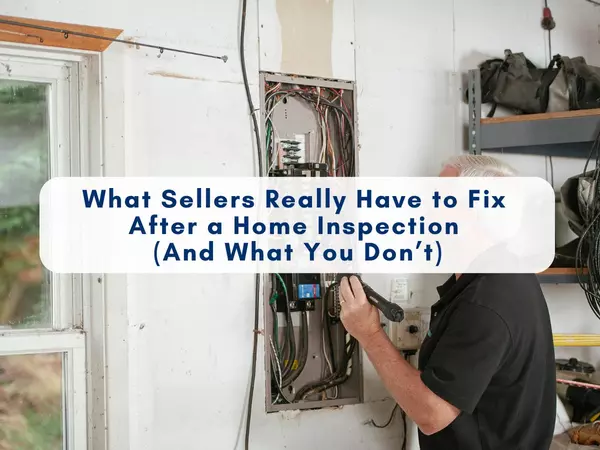





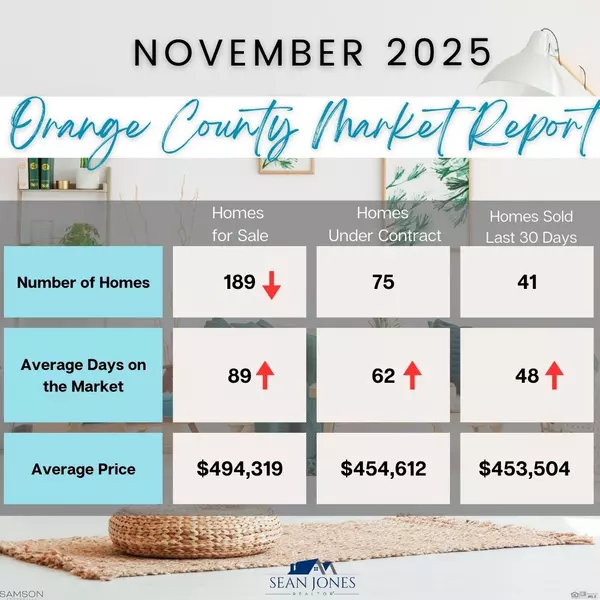
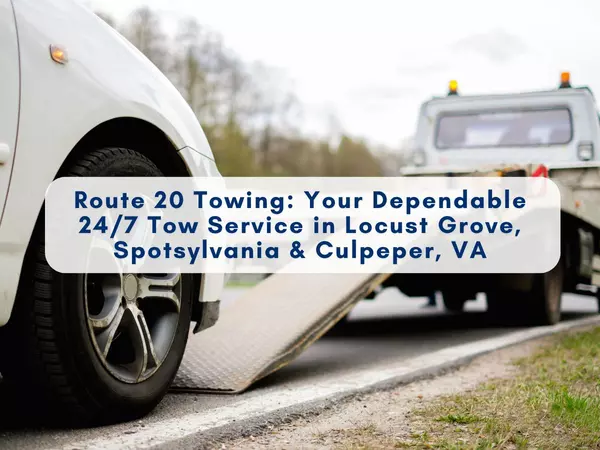



Buying a home isn’t just a financial decision—it’s a deeply personal journey filled with hopes, dreams, and big life changes. That’s why choosing the right real estate professional is one of the most important steps you can take.
A knowledgeable and experienced REALTOR® does more than open doors and write offers. They’re your advocate, your problem-solver, and your steady guide through what can sometimes feel like an overwhelming process. Whether it's navigating a competitive market, negotiating on your behalf, or keeping things on track behind the scenes, the right agent is there to protect your interests every step of the way.
In the end, buying a home should be an empowering experience. With the right person by your side—someone who brings both expertise and heart—you can move forward with confidence, knowing you're in good hands with Sean Jones.
GET MORE INFORMATION
